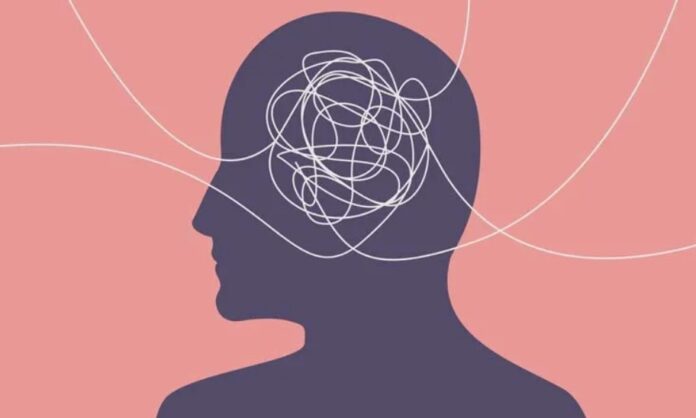
ONE in four Irish people say that their mental health deteriorated during the pandemic and one in five say their general health has declined, according to a survey published today by RCSI University of Medicine and Health Sciences.
The survey, conducted by Behaviour and Attitudes on behalf of RCSI, also found that the Irish public continues to place higher trust in healthcare professionals over other health information sources, and that the level of trust placed in them is increasing.
The findings were published as the university launches the 2021/2022 RCSI MyHealth virtual series which will seek to equip people with the tools to take better care of their own health and well-being.
73% of survey respondents completely trust the information shared with them by healthcare professionals, up from 61% in 2019 when this survey was last undertaken. Just 7% completely trust the health information they find online, and 3% completely trust the heath information shared on social media.
Launching the series, Professor Hannah McGee, Dean of RCSI’s Faculty of Medicine and Health Sciences, said: “We know that the Irish public have great confidence in the information they get from healthcare professionals and the pandemic has really shone a light on the importance of health promotion. The RCSI MyHealth series gives our academics, clinicians and scientists the platform to use their knowledge to help people live healthier lives”.
“Globally, there is a much greater understanding of the benefits of a lifestyle medicine approach to health. As a singularly focused health sciences university, we have a particular responsibility to use our knowledge to help people to make the small lifestyle adjustments that will enhance their physical and mental health as we emerge from the pandemic”, added Professor McGee.
In outside the scope of just promoting health adjustments, the wider picture of the scale of the why the mental health deteriorated, in the study published by the European Parliament labled Mental Health and the Pandemic, it points to 4 main hurdles as to why people’s mental state might have fallen. Including the immediate fear of the Virus, the reaction and lockdowns, the realisation of the long term consequences, and the most important point, for an Irish perspective, the insufficient mental health support.
The mental health budget for 2021 was a total of €1,1B was 9% above the equivalent 2009 expenditure level, given the population growth since then, the current mental health budget is actually €2,000 per 1,000 population, is actually a lower average spend than what could be allocated on average to spend 13 years ago.
That figure accounts to just 5.4% of the overall health budget, the mental health budget in 2021 is also half the level of spending compared with other European neighbours and is low by international standards. Germany, the Netherlands and Sweden all spend approximately 11% of government health spending on mental health, with France allocating 13%.
So the route to alleviate this quarter of the population is not just through personal improvements, it’s a top down problem, that unless is treated as seriously as our European counterparts, comes with no surprise to the lagging state of the countries mental health.
And leaves individual colleges such as the RCSI to tackle this goliath of an issue alone and unequipped, rather than working together with the whole field of doctors and professionals, to defeat this monster that has ravaged the communities of this island for too long.


